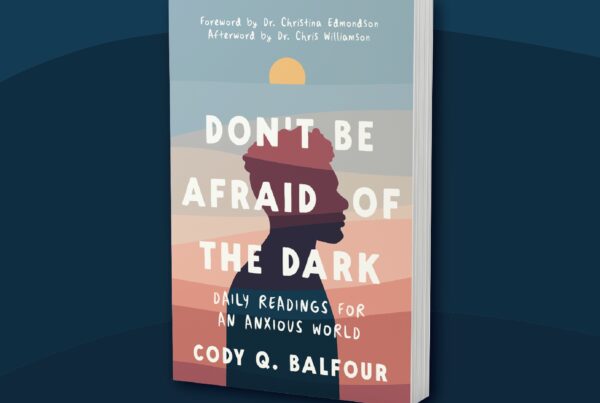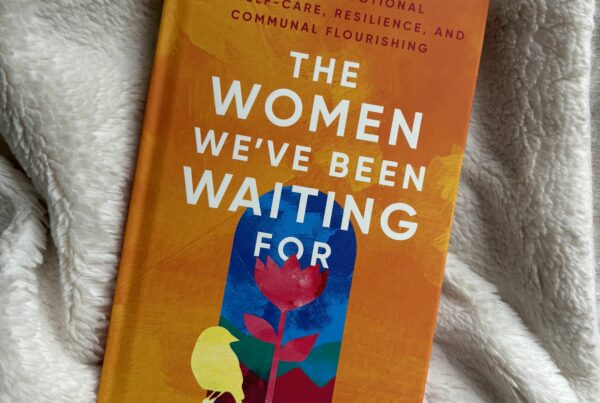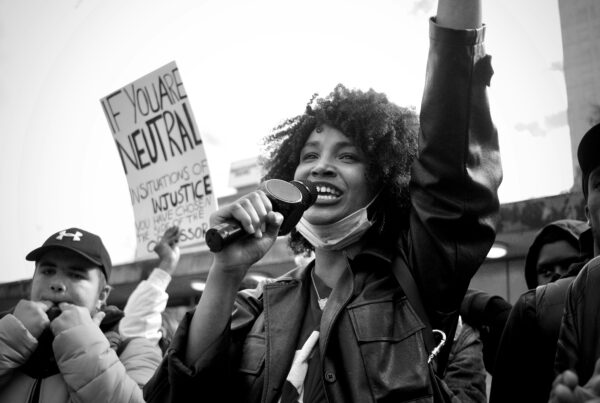Loneliness is difficult to define and yet its effects are wide-reaching, impacting both our communities and every aspect of our wellbeing. In her book, “Beyond Ethnic Loneliness: The Pain of Marginalization and the Path to Belonging,” author Prasanta Verma writes about a specific type of loneliness that stretches across the experiences of people who identify as ethnic minorities.
“To be ethnically lonely means the scars are a result of not only racial constructs and systems in society but also various cultural differences and values that are in tension between the ethnic minority’s culture and culture at-large.”
This summer, The Chasing Justice Book Club, invites you to cultivate wellness with us. We are honored to share an excerpt from “Beyond Ethnic Loneliness: The Pain of Marginalization and the Path to Belonging” below:
A Peculiar Aloneness
In the biblical story of creation when Adam is naming the animals and creatures all around him, he realizes that he is the only one of his particular kind– that is, human. He doesn’t have a counterpart to share and delight in the beauty of the world around him. No one else to banter with, to discuss the naming of the creatures. Though he walks with God, it is a peculiar kind of aloneness, and God says it is not good for him to be alone, so God makes a companion, a friend, one of his “kind.” God creates Eve.
When Adam and Eve eat the forbidden fruit and are banished from the Garden, they experience separation and the loneliness of being apart from God. There is no way to return to that idyllic paradise. Angels keep guard over Eden, not allowing passage back inside. We can imagine the profound grief and loneliness Adam and Eve experienced at that separation. In a sense, we continue to experience that peculiar aloneness today because we, too, are banished from the Garden as humankind longs for spiritual reconciliation with our Creator. History is replete with stories and legends of the human desire for a fountain of youth, an ancient longing for the immortality and mystery of Eden and reconciliation with God.
Just as we live in exile from Eden, we find ourselves also living in degrees of exile, or separation, from one another. Feelings of disbelonging exist on a continuum, and we all experience them in some capacity. For the ethnic and racial minority in white-majority spaces, though, these feelings are an everyday experience.
I never heard my parents speak ill of those people who harassed us. It is now part of family lore and legend. It’s a story of courage and resilience because it was frightening to receive such a hateful message and still resolve to stay. I wonder, Would I be so bold myself if it happened to me today? Would such an occurrence be considered a hate crime today and result in an additional charge for cruelty to animals? People didn’t know my family, or other Indian American folks, when we first showed up in our small Alabama town. We tend to fear what we don’t know. Fear leads to hatred, and hatred leads to violence, which leads to things like dead cats flung on porches.
There is an ancient Jewish story of a rabbi and his disciple that goes something like this:
Disciple to Rabbi: “I love you.”
Rabbi: “Do you know what hurts me?”
Disciple: “You’re confusing me with irrelevant questions. I don’t understand.”
Rabbi: “Do you know what hurts me? My question is not strange or irrelevant. It is the soul of understanding love and compassion. For if you do not know what hurts, how can you truly love me?”
Do we know what hurts the people around us, especially those who do not look like us? Are we asking, yearning to know this from each other? It’s a deep question. Might we ask one another, “What brings you joy?” or “What hurts you?” instead of “What are you?”
We would learn “what” we truly are more quickly by speaking of matters of the heart and soul.
People of color are doing what we must to survive. In many cases, assimilating and letting go of their own cultures was the only option for our parents and relatives– but is it the same for us? As increased mobility and demographics change the composition of the United States, it is urgent that we help the ethnic minority find a sense of belonging and live wholly and fully amid the wilds of loneliness.
The country we are imagining is one in which we all belong. As we embark on this journey to a better country, we’ll talk about how to find belonging to ourselves, to others, to our communities, and to God. We’ll find that our lands of loneliness are pathways to beauty and wholeness. Our desire for a new country can be a doorway to light, a passageway to a Spacious and Beautiful Land we didn’t know existed.
SO, WHAT ARE YOU?
You belong
In your skin
Your ethnicity
Your culture
And your “kind”
Is good
And wanted
And needed
What hurts you
Hurts me, hurts us all
On the island of disbelonging
You are rich in love
By others
Who want to love you
The universe
Opens its arms to you
QUESTIONS FOR REFLECTION AND DISCUSSION:
- What is your ethnic, racial, and cultural background? How do you identify yourself? Be as detailed as possible.
- Writing prompts:
- “Something I appreciate about my ethnic background is…”
- “Something I appreciate about my family’s culture is…”
- What is your experience of ethnic loneliness? What else would you add to the definition?

Prasanta Verma (MBA, MPH) was born under an Asian sun, raised in the Appalachian foothills in the South, and now resides in the Upper Midwest. Her essays and poetry have been published in Sojourners, Propel Women, (in)courage, Inheritance Magazine, the Indianapolis Review, Barren Magazine, and the Mudroom blog. She served as a speech and debate coach for over ten years.
The views and opinions expressed on the Chasing Justice Blog are those of the authors and do not necessarily reflect the official policy or position of Chasing Justice. Any content provided by our bloggers or authors are of their opinion and are not intended to malign any religion, ethnic group, club, organization, company, individual or anyone or anything.







